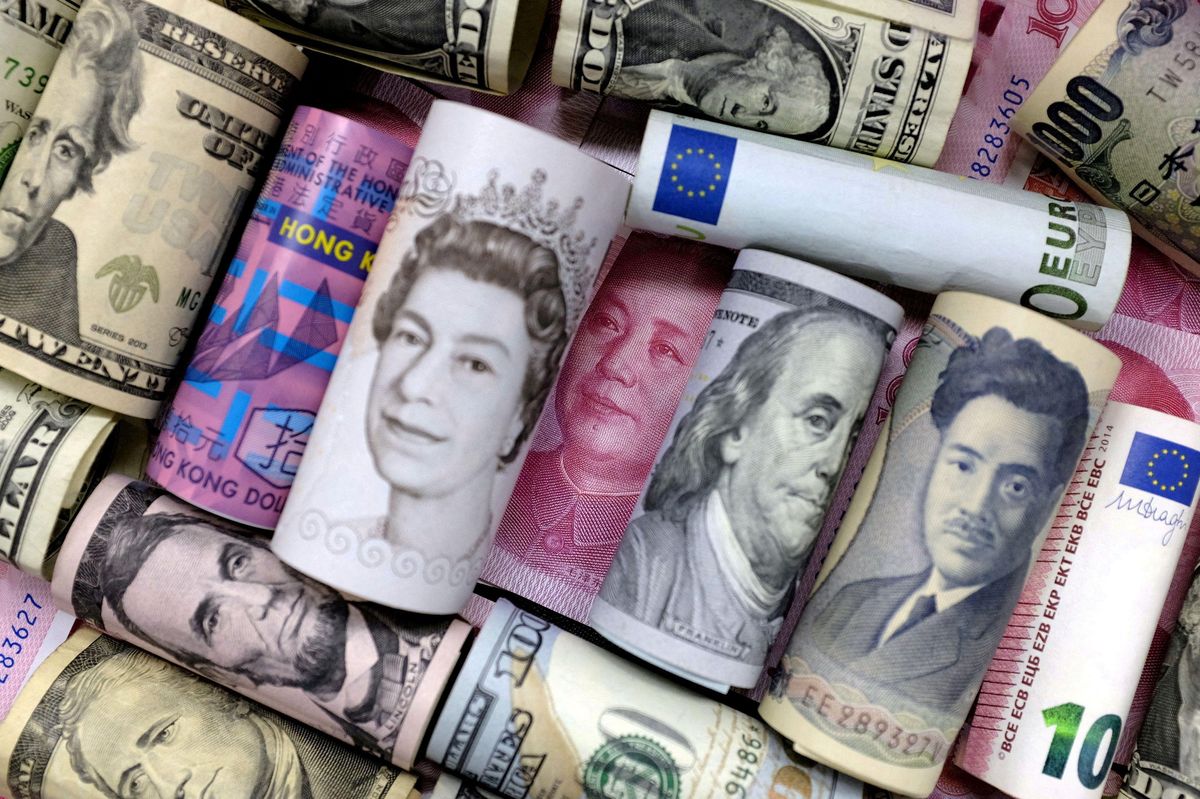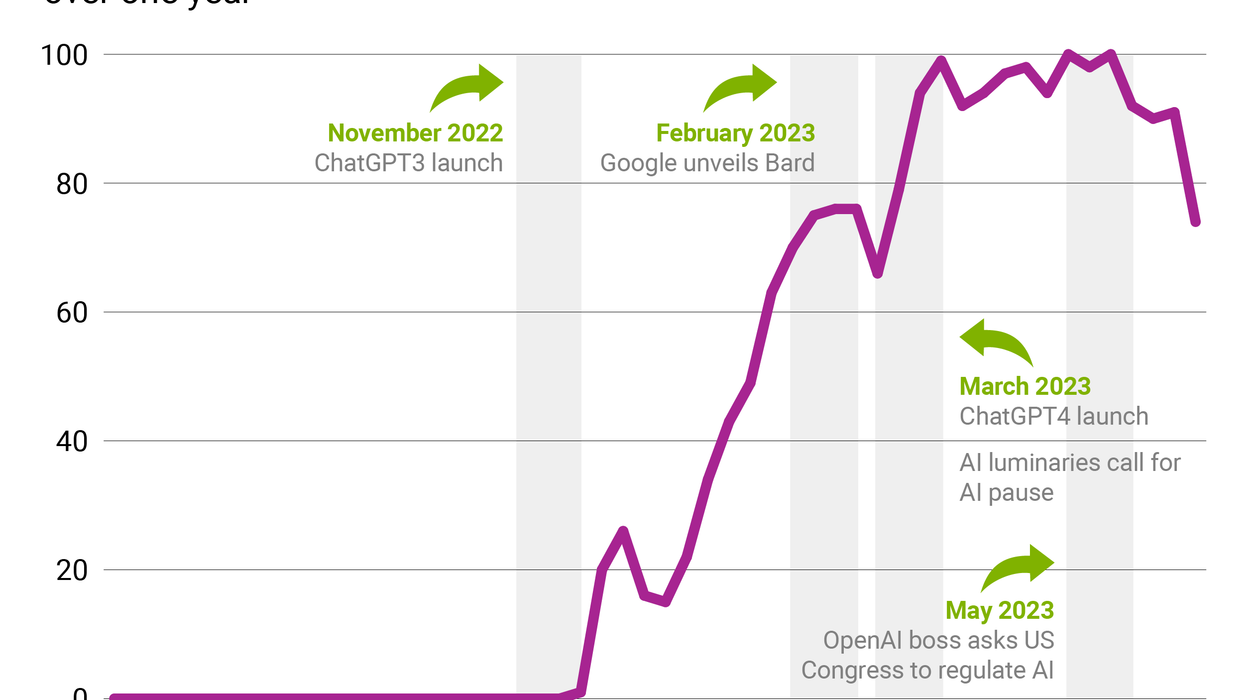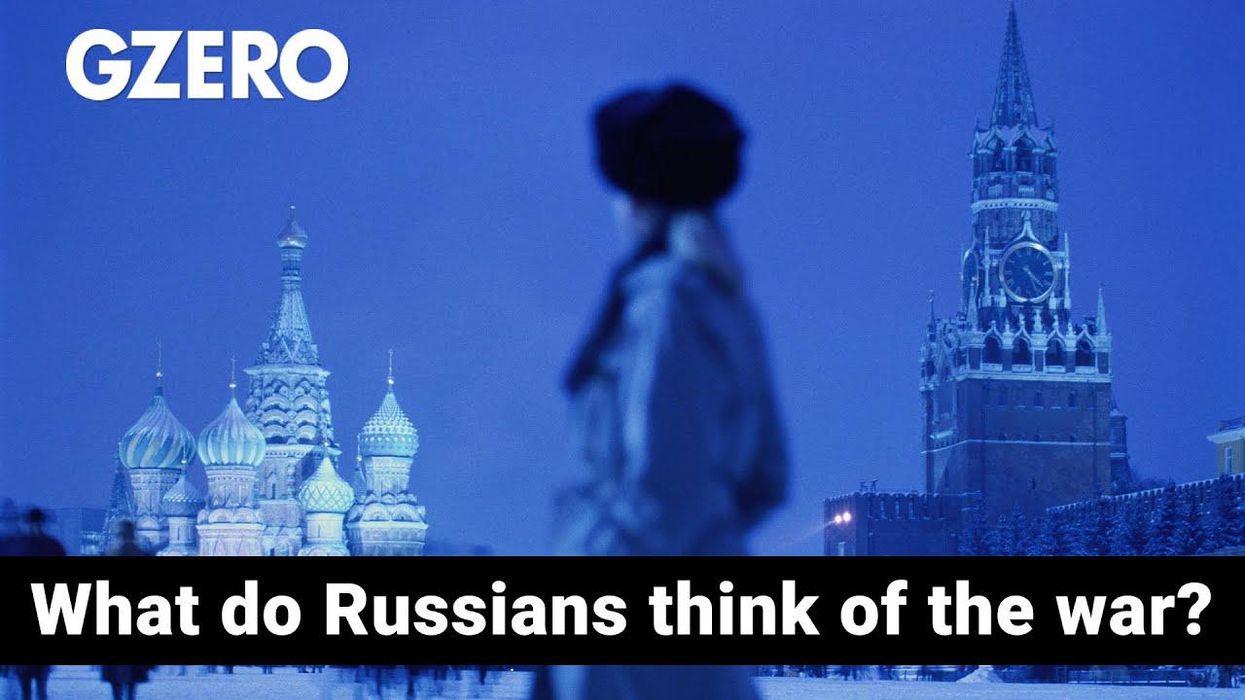How advanced economy decisions can hurt (or help!) emerging markets
As the US and Europe grapple with inflation at levels unseen since “Eye of the Tiger” was a chart-topper, policymakers in emerging and developing markets, which are also facing high prices, are on edge about what the US Fed and other major central banks are going to do next. After all, hiking interest rates in the advanced economies can prompt investors to pull money out of developing and emerging market countries, which often depend heavily on capital inflows from abroad to keep their economies running smoothly.
And after two years of pandemic-related economic shocks and emergency spending, developing and emerging market economies are more vulnerable than in the past. To take one measure from the IMF’s latest World Economic Outlook, middle-income countries’ average debt to GDP ratio is 20 percentage points higher now than it was a decade ago. For low-income countries, it’s double. The war in Ukraine has only made things worse by further choking outstretched supply chains of food and fuel. But while Central Bankers in the US and Europe will need to tread carefully on interest rates, there are other important steps that their governments can take to ease the pain for low and middle-income countries, says World Bank President David Malpass. Easing import restrictions, particularly for farm and food goods, would not only give a boost to emerging market agriculture exporters – a way to “make friends,” he says – but could also help assuage some of the food price growth that advanced economies are seeing. Doing that, however, is likely to provoke a backlash from powerful farmers' groups in the US and Europe. Would Biden or Brussels have the stomach for it?
Russia’s war vs. America’s economy
For many Americans, Russia’s war in Ukraine seems far away, and its impact on their lives seems minimal. It’s true that Europe, which has far more trade with Russia than the US does, will face more obvious economic blowback from the war and the sanctions imposed on Russia. But in a globalized world, the shock absorption offered by distance is limited. The war’s most obvious impact on the US economy comes with higher fuel prices, which have sharply increased the price Americans pay for gasoline. Higher fuel costs will also raise transportation costs of all kinds. Meanwhile, rising food prices – Russia and Ukraine are both leading food producers, and Russia and neighboring Belarus are leading exporters of fertilizer – have a broader impact on inflation.
Two factors darken the outlook further. First, these upward pressures on prices compound the inflationary pressures already created by the pandemic and its impact on both global economic growth and international supply chains. Second, Russia’s war in Ukraine is headed toward an unstable stalemate that could delay any return to normal for fuel and food costs. To fight this inflation, the US Federal Reserve has embarked on a gradual increase in interest rates that will be felt everywhere, from the housing market to the stock market.
For all these reasons, the war’s economic impact on US consumers will likely prove broad and long-lasting.


















